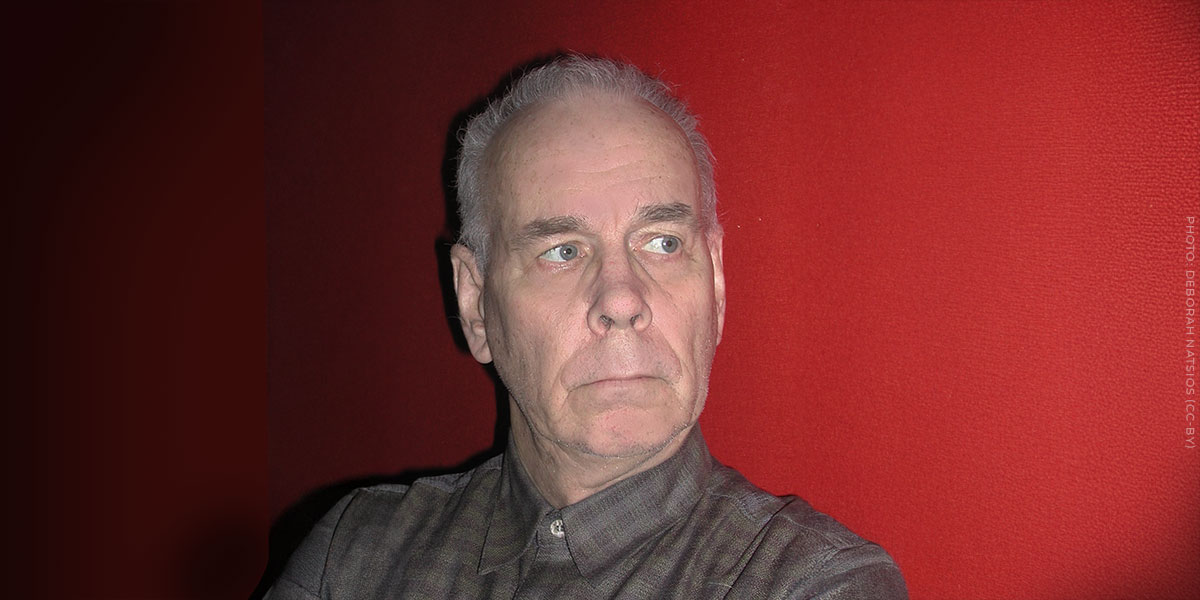Sure! Here’s the translation into American English:
—
John L. Young, co-founder of Cryptome, has passed away at the age of 89 in New York, leaving an undeniable legacy in the realm of transparency and access to information. His vision of creating an online library dedicated to uncovering official secrets, which governments and corporations often attempt to restrict access to, materialized in 1996 alongside his wife, architect Deborah Natsios.
Cryptome became a benchmark in publishing information related to freedom of expression, privacy, and government secrets. With the motto, “The greatest threat to democracy is the official secret that favors a few over many,” Young championed the idea that transparency is fundamental to a democratic society. Through this platform, he invited the public to share classified documents, advocating for a more equitable access to information.
During the 1990s, Cryptome stood out in the context of the “crypto wars,” a period when activists and lawyers fought for the right to use encryption technologies without government intervention. Young’s work was crucial for those advocating for a more open and less controlled internet.
Despite being one of the first to support WikiLeaks, Young distanced himself from the organization due to its monetization decisions, reaffirming his commitment to transparency as a core value. His efforts even included publishing alleged internal WikiLeaks emails, exemplifying his dedication to information disclosure.
Originally from Texas, Young was not only trained as an architect but also a fervent advocate for public access to government documents. His career began long before the founding of Cryptome and was marked by a commitment to public interest ideals. His work redefined the concept of archiving in the digital age, designing an infrastructure that allows for the continued discussion of relevant issues in real-time.
Throughout his life, Young faced pressure from the FBI and the Secret Service, as well as intimidation attempts by large tech corporations. Despite these challenges, he remained steadfast in his efforts, inspiring future advocates for the right to information.
With a career that included service in the U.S. Army Corps of Engineers and academic training in philosophy and architecture, Young became a symbol of resistance in an increasingly complex digital world. His passing leaves a void in the fight for access to information and transparency, and his unwavering commitment will be remembered by future generations.
—
Let me know if you need any more help!
Source: MiMub in Spanish










